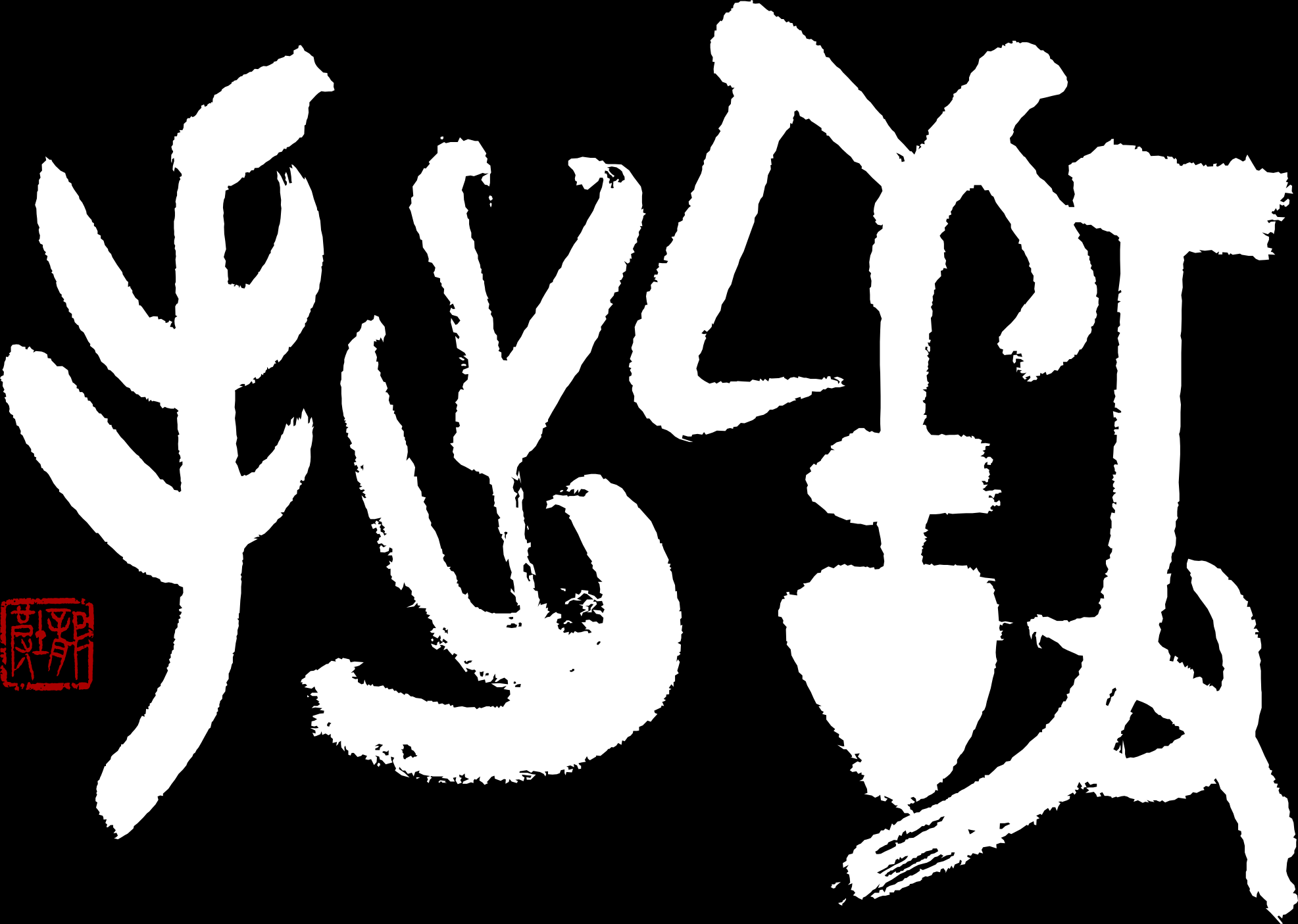| Get Ready! | Listen to the Japanese repeatedly and practice until you can say it smoothly. |
| ① | Repeat each question and answer three times. |
| ② | Your teacher will ask you the questions. Give your own answers. |
| ③ | Ask your teacher the questions and listen to their answers. |
| Pay special attention to the keywords. |
| 021 |  |
| あなた | |
| a·na·ta | |
| Question 🔊 | Model answer 🔊 |
|
表示 ▶
漢: あなたは科学者ですか? 漢: はい。科学者です。 |
|
| 022 |  |
| います | |
| i·ma·su | |
| Question 🔊 | Model answer 🔊 |
|
表示 ▶
漢: 兄弟はいますか? 漢: いいえ。兄弟がいません。 |
|
| 023 |  |
| すき | |
| su·ki | |
| Question 🔊 | Model answer 🔊 |
|
表示 ▶
漢: アイスクリームが好きですか? 漢: はい。アイスクリームが好きです。 |
|
| 024 |  |
| ひけます | |
| hi·ke·ma·su | |
| Question 🔊 | Model answer 🔊 |
|
表示 ▶
漢: ギターが弾けますか? 漢: いいえ。ギターが弾けません。 |
|
| 025 |  |
| します | |
| shi·ma·su | |
| Question 🔊 | Model answer 🔊 |
|
表示 ▶
漢: テニスをしますか? 漢: はい。テニスをします。 |
|
| 026 |  |
| なん | |
| na·n | |
| Question 🔊 | Model answer 🔊 |
|
表示 ▶
漢: あなたのお父さんの名前は何ですか? 漢: お父さんの名前はデービド・ジョーンズです。 |
|
| 027 |  |
| すき | |
| su·ki | |
| Question 🔊 | Model answer 🔊 |
|
表示 ▶
漢: 夏が好きですか? 漢: はい。夏が好きです。 |
|
| 028 |  |
| なん | |
| na·n | |
| Question 🔊 | Model answer 🔊 |
|
表示 ▶
漢: 何のスポーツが一番好きですか? 漢: 野球が一番好きです。 |
|
| 029 |  |
| います | |
| i·ma·su | |
| Question 🔊 | Model answer 🔊 |
|
表示 ▶
漢: 姉妹はいますか? 漢: はい。姉妹が2人います。 |
|
| 030 |  |
| あなた | |
| a·na·ta | |
| Question 🔊 | Model answer 🔊 |
|
表示 ▶
漢: あなたは幸せですか? 漢: はい。幸せです。 |
|
| Activity | Guess the question – part 1 |
| ① | Your teacher will say their own answers. Try to guess the questions. |
| ② | How many can you guess correctly in 30 seconds? |
| 021 |  |
| あなた | |
| a·na·ta |
| 022 |  |
| います | |
| i·ma·su |
| 023 |  |
| すき | |
| su·ki |
| 024 |  |
| ひけます | |
| hi·ke·ma·su |
| 025 |  |
| します | |
| shi·ma·su |
| 026 |  |
| なん | |
| na·n |
| 027 |  |
| すき | |
| su·ki |
| 028 |  |
| なん | |
| na·n |
| 029 |  |
| います | |
| i·ma·su |
| 030 |  |
| あなた | |
| a·na·ta |
|
Timer
30
|
|
Counter
0
|
| Activity | Guess the question – part 2 |
| ① | Now say your own answers. Your teacher will try to guess the questions. |
| ② | How many can you guess correctly in 30 seconds? |
| Listen In | Listen to the dialogue and answer the following questions. |
| ① | Does this person have brothers? |
| ② | Can this person play the guitar? |
| ③ | What sport does this person like best? |
| Fill In ① | Use rōmaji to fill in the missing words in the questions and your own answers. |
| Q021 | a·na·ta wa [ ] de·su ka? |
| A021 | [ ]。ka·ga·ku·sha [ ]。 |
| Q022 | [ ] wa i·ma·su [ ]? |
| A022 | [ ]。kyō·da·i ga [ ]。 |
| Q023 | a·i·su·ku·ri·i·mu [ ] su·ki [ ] ka? |
| A023 | [ ]。a·i·su·ku·ri·i·mu ga su·ki [ ]。 |
| Q024 | gi·tā [ ] hi·ke·ma·su ka? |
| A024 | [ ]。gi·tā ga [ ]。 |
| Q025 | [ ] wo shi·ma·su [ ]? |
| A025 | [ ]。te·ni·su wo [ ]。 |
| Q026 | a·na·ta no [ ] no [ ] wa [ ] de·su ka? |
| A026 | o·tō·sa·n [ ] na·ma·e wa [ ] de·su。 |
| Q027 | [ ] ga [ ] de·su ka? |
| A027 | [ ]。na·tsu ga su·ki [ ]。 |
| Q028 | na·n [ ] su·pō·tsu ga [ ] su·ki de·su ka? |
| A028 | [ ] ga i·chi·ba·n su·ki de·su。 |
| Q029 | [ ] wa i·ma·su ka? |
| A029 | [ ]。shi·ma·i ga [ ]。 |
| Q030 | [ ] wa [ ] de·su [ ]? |
| A030 | [ ]。shi·a·wa·se [ ]。 |
| Fill In ② | Now do the same using hiragana. |
| Q021 | あなた は [ ] です か? |
| A021 | [ ]。かがくしゃ [ ]。 |
| Q022 | [ ] は います [ ]? |
| A022 | [ ]。きょうだい が [ ]。 |
| Q023 | あいすくりーむ [ ] すき [ ] か? |
| A023 | [ ]。あいすくりーむ が すき [ ]。 |
| Q024 | ぎたー [ ] ひけます か? |
| A024 | [ ]。ぎたー が [ ]。 |
| Q025 | [ ] を します [ ]? |
| A025 | [ ]。てにす を [ ]。 |
| Q026 | あなた の [ ] の [ ] は [ ] です か? |
| A026 | おとうさん [ ] なまえ は [ ] です。 |
| Q027 | [ ] が [ ] です か? |
| A027 | [ ]。なつ が すき [ ]。 |
| Q028 | なん [ ] すぽーつ が [ ] すき です か? |
| A028 | [ ] が いちばん すき です。 |
| Q029 | [ ] は います か? |
| A029 | [ ]。しまい が [ ]。 |
| Q030 | [ ] は [ ] です [ ]? |
| A030 | [ ]。しあわせ [ ]。 |
| Zoom In | Substitute the words and talk about these topics. |
| Topic 1 | 家族と親戚・かぞく と しんせき・ka·zo·ku to shi·n·se·ki = Family & Relatives |
| 022 |  |
| います | |
| i·ma·su | |
| Question 🔊 | Model answer 🔊 |
| Question pattern |
| きょうだい は います か? |
| kyō·da·i wa i·ma·su ka? |
| Answer pattern 1 |
| はい。きょうだい が います。 |
| ha·i。kyō·da·i ga i·ma·su。 |
| Answer pattern 2 |
| いいえ。きょうだい が いません。 |
| i·i·e。kyō·da·i ga i·ma·se·n。 |
| Variant |
| はい。きょうだい が ふたり います。 |
| ha·i。kyō·da·i ga fu·ta·ri i·ma·su。 |
| Vocabulary | ||
| 1 | きょうだい・kyō·da·i = brother(s) | 挿入 |
| 2 | しまい・shi·ma·i = sister(s) | 挿入 |
| 3 | いとこ・i·to·ko = cousin(s) | 挿入 |
| 4 | おじさん・o·ji·sa·n = uncle(s) | 挿入 |
| 5 | おばさん・o·ba·sa·n = aunt(s) | 挿入 |
| 6 | こども・ko·do·mo = child(ren) | 挿入 |
| 7 | ぺっと・pe·tto = pet(s) | 挿入 |
| 8 | ぺんぱる・pe·n·pa·ru = pen pal(s) | 挿入 |
| 9 | おい・o·i = nephew(s) | 挿入 |
| 10 | めい・me·i = niece(s) | 挿入 |
|
Timer
|
30
|
|
|
Counter
|
0
|
| Notes | In Japanese, we give the number of things by using a kanji for the number (一, 二, 三, … ) and a kanji for the type of things. This second kanji is known as a counter. Here are some examples.
一枚・いちまい・i·chi·ma·i = one sheet (flat things such as paper or blankets) Confusingly, there are two counters for people. The most common is 人・にん・ni·n. Usually it is read in this way. However, the readings for “one person” and “two people” are special. |
| Topic 2 | 好きなもの・すきなもの・su·ki·na mo·no = Things I like |
| 028 |  |
| なん | |
| na·n | |
| Question 🔊 | Model answer 🔊 |
| Question pattern |
| なん の すぽーつ が いちばん すき です か? |
| na·n no su·pō·tsu ga i·chi·ba·n su·ki de·su ka? |
| Answer pattern 1 |
| ??? が いちばん すき です。 |
| ??? ga i·chi·ba·n su·ki de·su。 |
| Answer pattern 2 |
| すぽーつ が すき で は ありません。 |
| su·pō·tsu ga su·ki de wa a·ri·ma·se·n。 |
| Variant |
| すぽーつ は なん でも すき です。 |
| su·pō·tsu wa na·n de·mo su·ki de·su。 |
| Vocabulary | ||
| 1 | すぽーつ・su·pō·tsu = sport(s) | 挿入 |
| 2 | たべもの・ta·be·mo·no = food(s) | 挿入 |
| 3 | のみもの・no·mi·mo·no = drink(s) | 挿入 |
| 4 | くだもの・ku·da·mo·no = fruit(s) | 挿入 |
| 5 | いろ・i·ro = color(s) | 挿入 |
| 6 | きせつ・ki·se·tsu = season(s) | 挿入 |
| 7 | えいが・e·i·ga = movie(s) | 挿入 |
| 8 | げーむ・gē·mu = game(s) | 挿入 |
| 9 | よみもの・yo·mi·mo·no = things to read | 挿入 |
| 10 | おんがく・o·n·ga·ku = music | 挿入 |
|
Timer
|
30
|
|
|
Counter
|
0
|
| Notes | The combination 何の is given here as なんの・na·n·no, but there is another common way of reading it: どの・do·no.
The kanji 何 = “what” is used a lot in Japanese, including in a lot of combinations. Some examples are shown below – note the different ways of reading this kanji. 何・なに・na·ni = what * Note that these are normally written in hiragana, not kanji. |
| Talk More Technique | ③ Showing disbelief |
| まじ で? |  |
| ma·ji de? | |
| 🔊 | |
| Really? |
| うそ でしょ! |  |
| u·so de·sho! | |
| 🔊 | |
| Get away! |
| Sample Dialog | |||
| A: | わたし の がーるふれんど は ぎたー が ひけます よ。 | A: | wa·ta·shi no gā·ru·fu·re·n·do wa gi·tā ga hi·ke·ma·su yo. |
| B: | まじ で? | B: | ma·ji de? |
| A: | はい。ぷろ の おんがっか です。 | A: | ha·i。pu·ro no o·n·ga·kka de·su。 |
| B: | うそ でしょ! | B: | u·so de·sho! |
| Talk Longer | Use the questions in this unit, the patterns in the Zoom In section, and the Talk More Technique to have a longer conversation with your teacher. |
| あなた |  |
| a·na·ta |
| います |  |
| i·ma·su |
| すき |  |
| su·ki |
| ひけます |  |
| hi·ke·ma·su |
| します |  |
| shi·ma·su |
| なん |  |
| na·n |
| すき |  |
| su·ki |
| なん |  |
| na·n |
| います |  |
| i·ma·su |
| あなた |  |
| a·na·ta |
| まじ で? |  |
| ma·ji de? |
| うそ でしょ! |  |
| u·so de·sho! |
|
Timer
|
2:00
|
|
|
|
| Write Up | Use the questions and answer patterns in this unit to write about your teacher. |
| ① | Make notes of your teacher’s answers to the questions in this unit. |
| ② | Then, try to write the full sentences using hiragana. |
| Subject | he ~ : | 彼は~・かれ は~・ka·re wa ~ | ||
| she ~ : | 彼女は~・かのじょ は~・ka·no·jo wa ~ | |||
| Possessive adjective | his ~ : | 彼の~・かれ の~・ka·re no ~ | ||
| her ~ : | 彼女の~・かのじょ の~・ka·no·jo no ~ |
| Q021 | |
| Notes: | [ ] ka·ga·ku·sha [ ]。 |
| In hiragana: | |
| Q022 | |
| Notes: | [ ] kyō·da·i ga [ ]。 |
| In hiragana: | |
| Q023 | |
| Notes: | [ ] a·i·su·ku·ri·i·mu ga su·ki [ ]。 |
| In hiragana: | |
| Q024 | |
| Notes: | [ ] gi·tā ga [ ]。 |
| In hiragana: | |
| Q025 | |
| Notes: | [ ] te·ni·su wo [ ]。 |
| In hiragana: | |
| Q026 | |
| Notes: | [ ] o·tō·sa·n no na·ma·e wa [ ] de·su。 |
| In hiragana: | |
| Q027 | |
| Notes: | [ ] na·tsu ga su·ki [ ]。 |
| In hiragana: | |
| Q028 | |
| Notes: | [ ] [ ] ga i·chi·ba·n su·ki de·su。 |
| In hiragana: | |
| Q029 | |
| Notes: | [ ] shi·ma·i ga [ ]。 |
| In hiragana: | |
| Q030 | |
| Notes: | [ ] shi·a·wa·se [ ]。 |
| In hiragana: |
